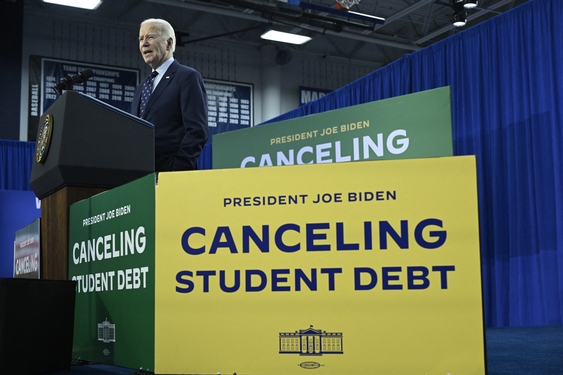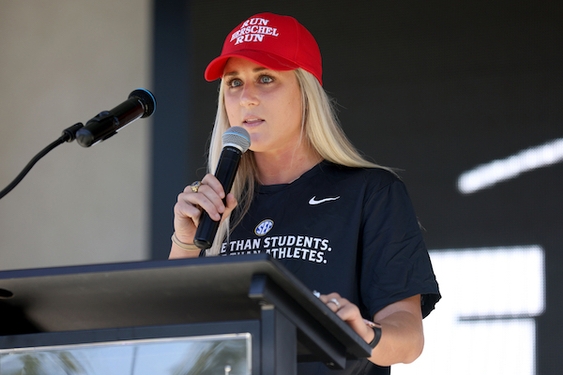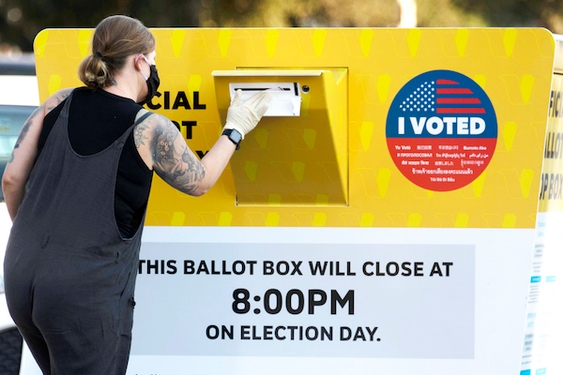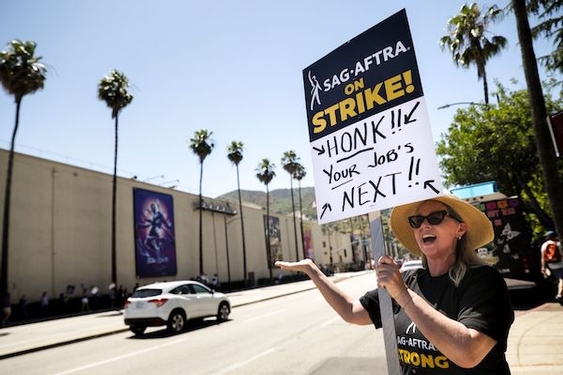“That's really how I gauge how effective my sun protection is,” says Baus.
But in the wake of a class-action lawsuit filed recently in California against sunscreen manufacturers – claiming they have fraudulently exaggerated the effectiveness of their products – Baus has started to wonder.
In fact, although dermatologists still recommend the liberal use of sunscreen, they warn that it's entirely possible for the sun to damage skin without burning it, and that most of the sunscreens currently on the market do a better job preventing sunburn than they do at preventing other problems – including premature wrinkles, age spots and even skin cancer.
And neither sun protection factor (SPF) ratings nor the labeling of a product as “broad-spectrum” gives consumers any information on how much they'll be shielded against ultraviolet A rays, which don't cause burning but do cause aging of the skin and potentially cancer.
Confusion comes in part because there are different types of sunlight responsible for skin damage – mainly UVA and UVB. Because UVB is what causes sunburn and has a well-established link with skin cancer, it is generally considered more harmful. But scientists now believe UVA causes much of the premature aging of the skin and, more critically, much of the skin's genetic damage, which may also lead to skin cancer.
Though researchers have discussed a rating system for UVA, so far there has been no action on the matter. And that's only part of the problem.
In 1999, under orders from Congress, the federal Food and Drug Administration drafted a slate of regulations on sunscreen manufacturers but never formally adopted them. Critics say the agency bowed to pressure from the sunscreen lobby.
Representatives of the FDA did not respond to requests for an interview on the subject.
The proposed rules would have prohibited “unsupported, absolute, and/or misleading and confusing terms such as ‘sunblock,' ‘waterproof,' ‘all-day protection' and ‘visible and/or infrared light protection.'”
Yet doctors agree that those terms – still widely employed in sunscreen advertising – are misleading at best.
The bottom line, dermatologists say, is that the more you can stay in the shade, cover up or liberally apply a good-but-imperfect sunscreen, the better off you'll be.
© 2006, The Orlando Sentinel (Fla.).
Distributed by Knight Ridder/Tribune Information Services.












